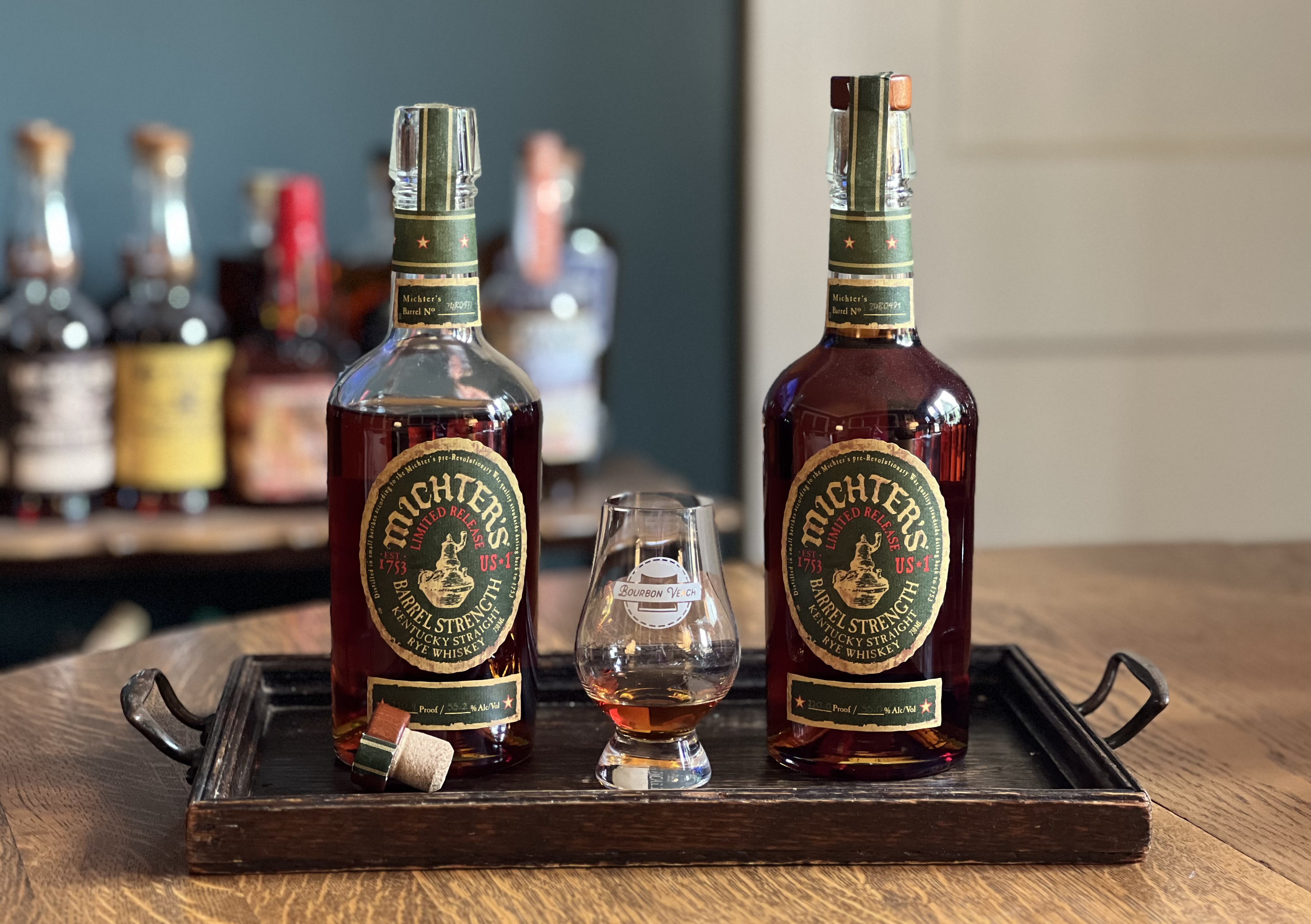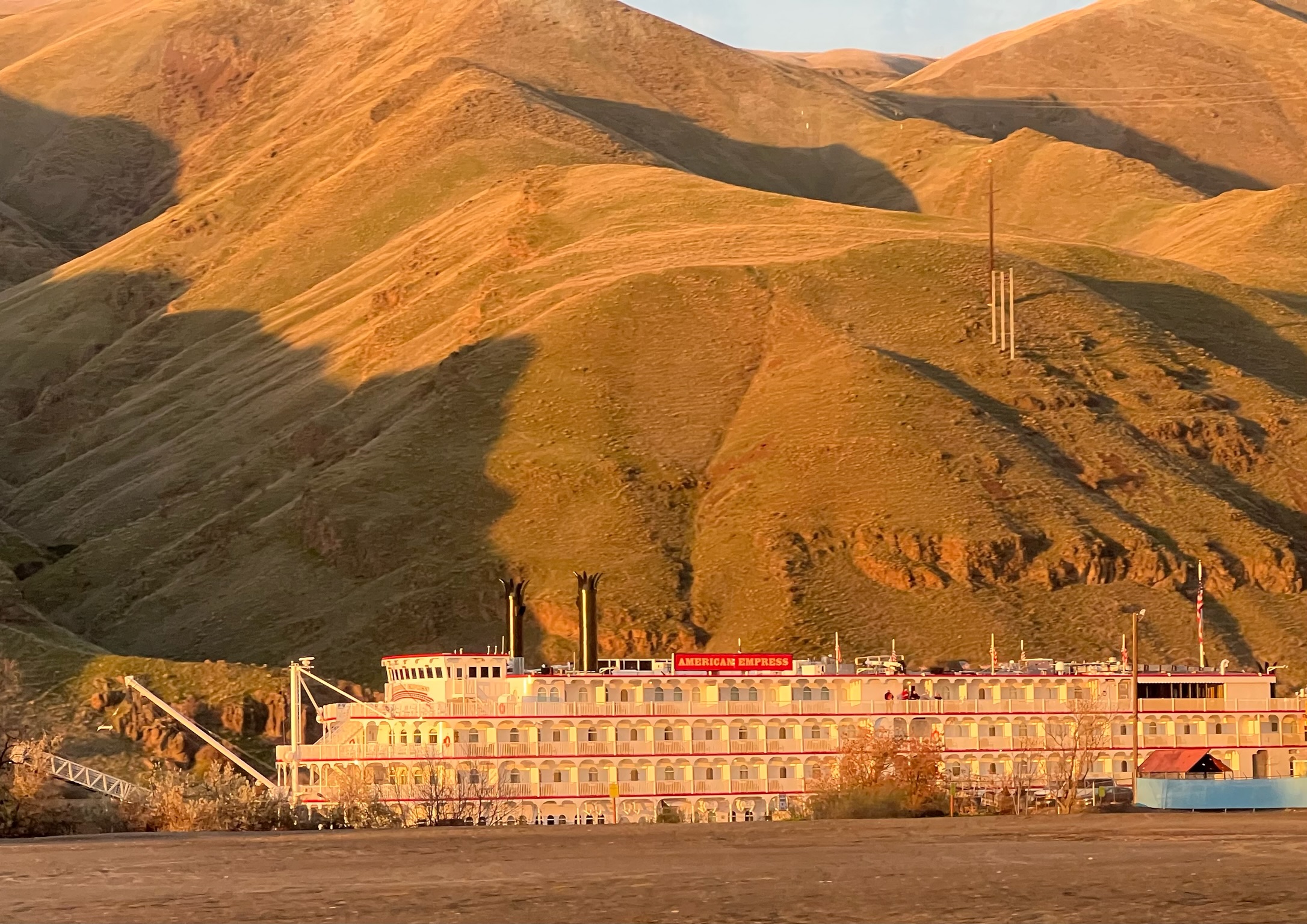Alcohol was considered an important part of every medicine cabinet in the 19th century. Even teetotalers usually kept a bottle of brandy for colds and fevers. Hot toddies with brandy, lemon juice and honey mixed into hot water was a common cure for a cold. In an age with very few pharmaceuticals available, alcohol was a necessity that doctors often prescribed to patients. Prohibition did not change or eliminate that need. Doctors continued to write prescriptions for medicinal alcohol or “spiritus frumenti”.
During Prohibition, a patient could get a prescription for a pint of spiritus frumenti every 10 days, if needed. This would then be taken to a pharmacy to be filled with the patient deciding whether they wanted Brandy, Rum, Bourbon or Rye. The bottle would be 100 proof, bottled-in-bond spirits. The patient could also choose what brand they preferred. There were six distillers with permits to sell these spirits to the pharmacies. These companies were A. Ph. Stitzel Distillery, Frankfort Distillery, Brown-Forman, Schenley Distilleries, National Distillers and Glenmore Distillery. Besides their own brands, they also worked as brokers for former distillers who had aging stocks of whiskey and wanted to sell them. Besides pharmacies, these companies could sell 12 pints of spiritus frumenti a year to doctors and dentists for office use and 12 pints of brandy and/or rum a year to bakers. They had a very limited market for the spirits in their warehouses, and none of these companies were making big profits on sales. This would explain why even though the government made ten permits to sell medicinal spirits available, only six companies applied for them.
This prescription is typical of those written during Prohibition. It was written to a Miss Clore of Crestwood, Ky. on June 21, 1932. The prescription is for one pint of Spiritus Frumenti and it called for her to take a tablespoon every four hours. She had the prescription filled the same day by John R. Gatewood, the pharmacist located at 125 Main Street, Lagrange, Ky. It does not state what type of spirit she purchased or the brand. The prescription is then canceled and collected by the pharmacist to prevent the person from trying to get another pint at a different pharmacist.
The repeal of Prohibition eliminated the need to have a prescription for medicinal spirits. They became “over the counter medicines” at that time, but medicinal spirits are still listed as a pharmaceutical and a doctor can write a prescription for spirits for you to this day. Insurance will not pay for the medicine since it is an “over the counter” medicine, but it can still be prescribed.














December 13, 2019 at 12:13 pm
Great article as delays!!!
December 13, 2019 at 12:13 pm
*always
December 13, 2019 at 11:02 pm
There are times I too, hate the autocorrect!